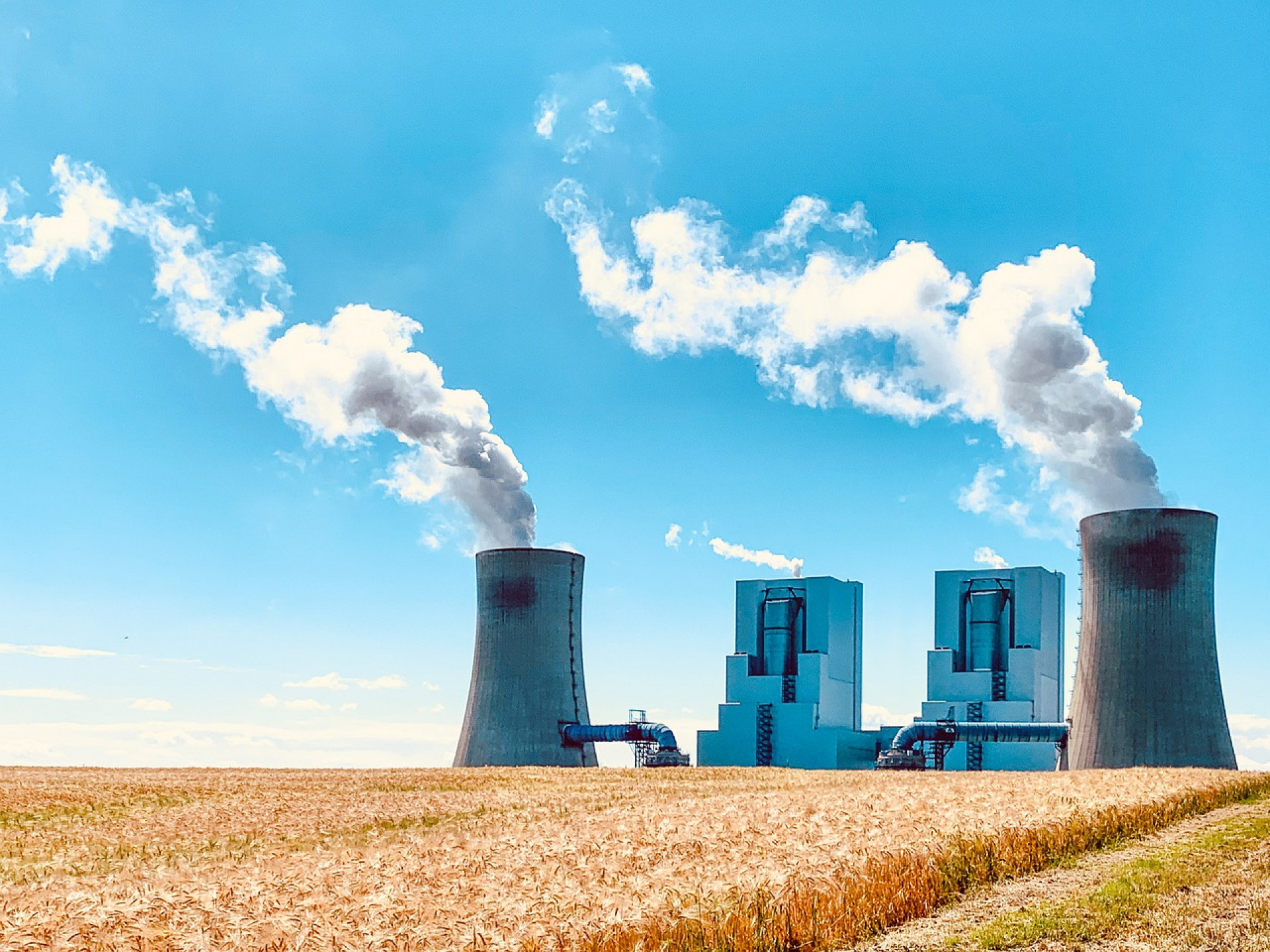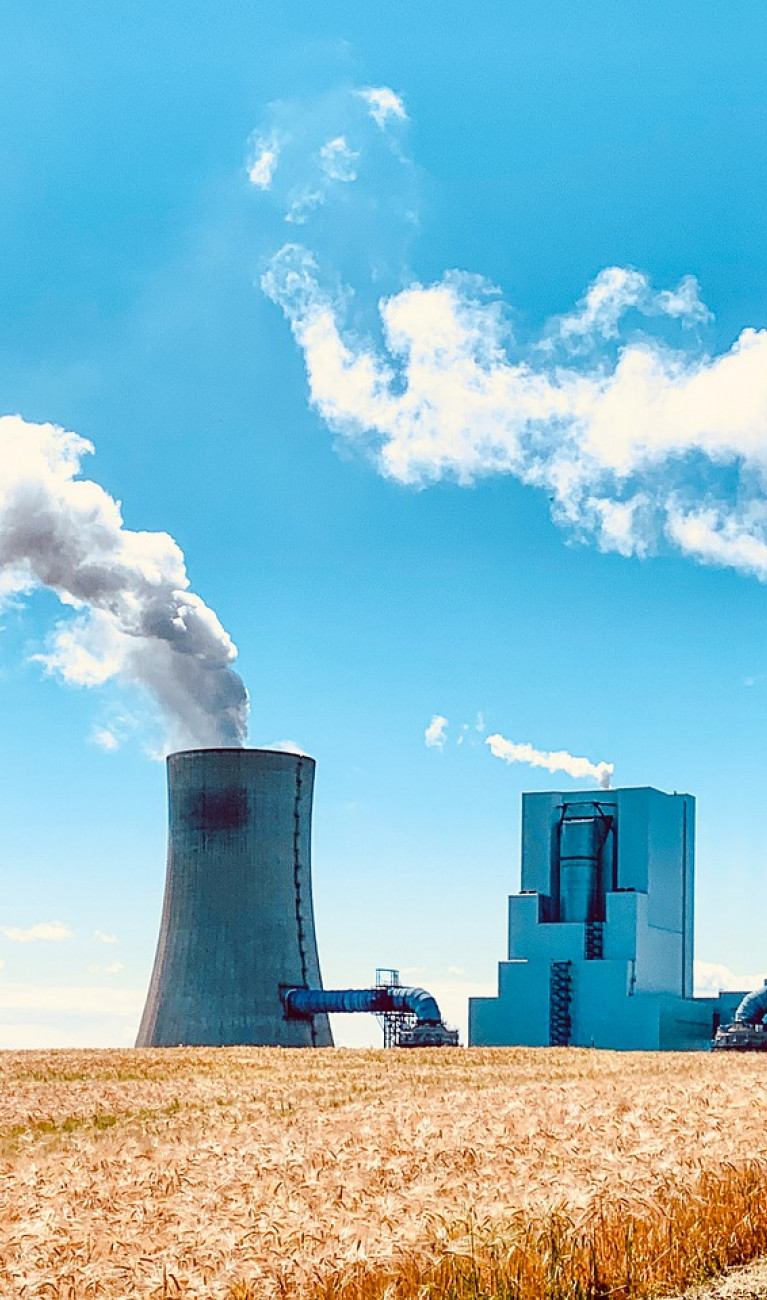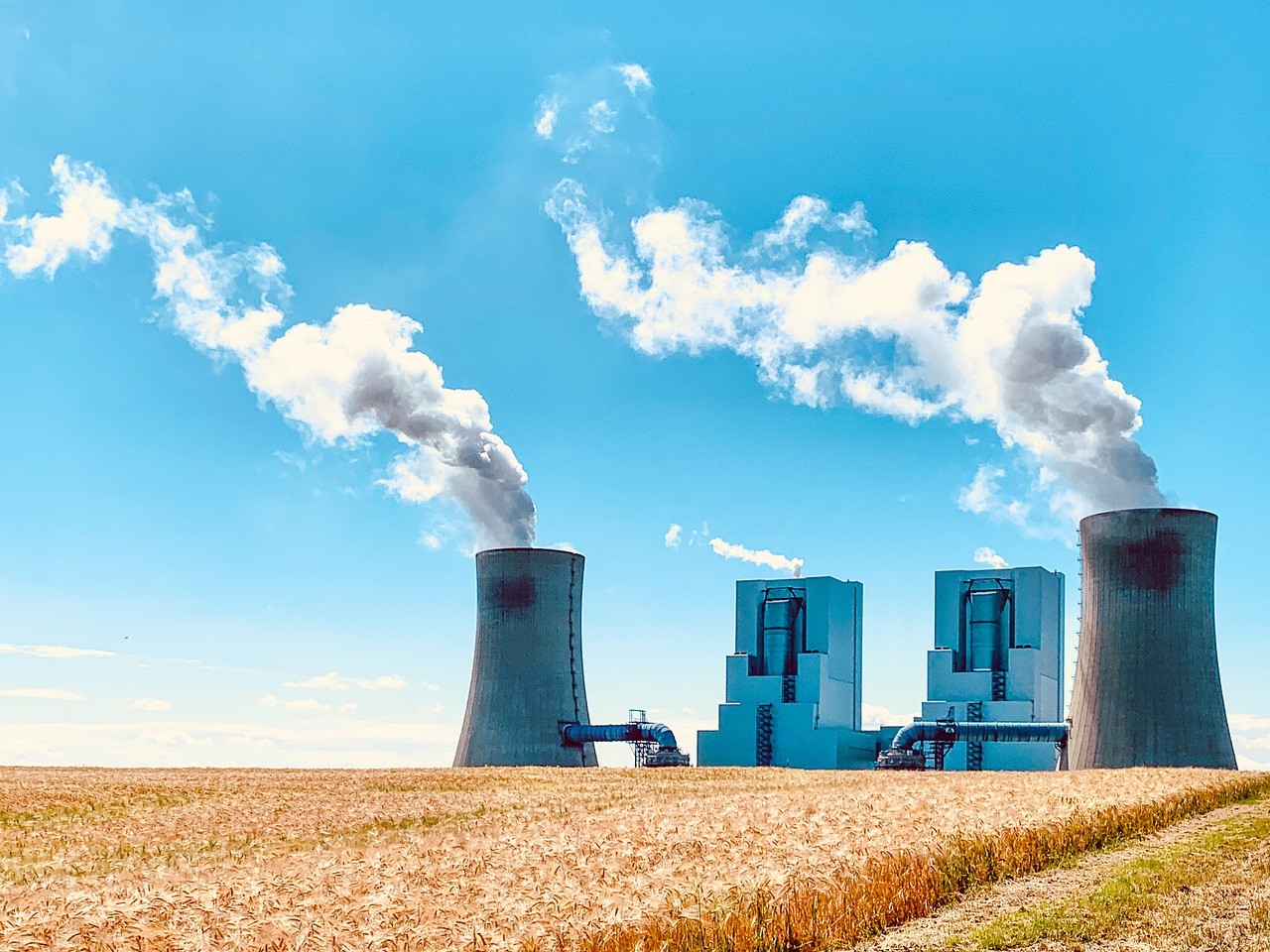Project: Circular CO2 approaches


Participating Centers: KIT, UFZ, HZB, HEREON/IfP, DLR
Contact information: Roland Dittmeyer, Till Markus
Wherever fossil fuels such as coal, natural gas or mineral oil are converted into electrical or thermal energy, greenhouse gases are generated. Such energy-related pollutants account for around 85 percent of German greenhouse gas emissions. In view of the net zero emissions target, these fuels and raw materials must be made available in a CO2-neutral manner.
The project, therefore, examines the potential of two complementary approaches to extract CO2 from the atmosphere and convert it into energy carriers through renewable energies. These carriers can then be used as fuels and feedstock for the chemical industry. During or after use, carbon reappears as CO2 and is released to the atmosphere or directly separated from the exhaust gas. In this way, a circular carbon use is implemented, which supports the transition from fuels and feedstock based on crude oil to those that are based on carbon dioxide and use renewable energies as input. Part of the carbon can be removed and stored if necessary. In this way, an adaptable and at the same time carbon-reducing approach can be implemented. By focusing on future liquid fuels and feedstock, a reduction of up to 180 million tons of CO2 emissions is expected for Germany alone.
